Nutrition
Foods That You Should Avoid Keeping In The Fridge
Published
12 months agoon
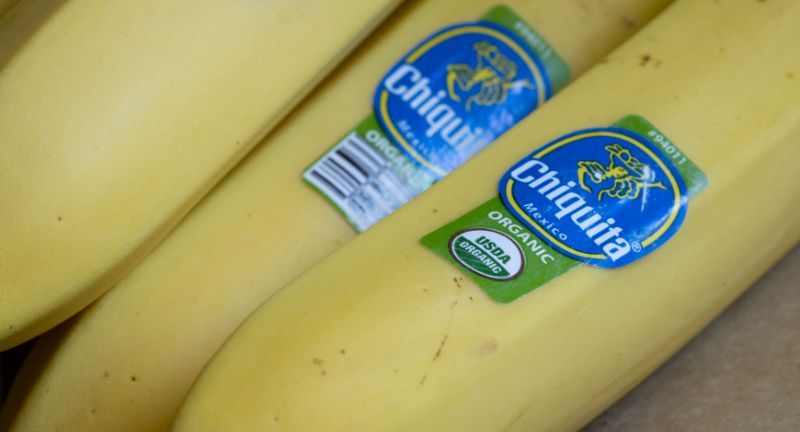
Shutterstock
When it comes to food storage, the refrigerator is not always the go-to solution. In fact, there are several foods that should avoid the chilly confines of the fridge to maintain their taste and texture.
Knowing which items should steer clear of the cold can help you make the most of your pantry and kitchen space while ensuring your meals are as delicious as can be.
Onions
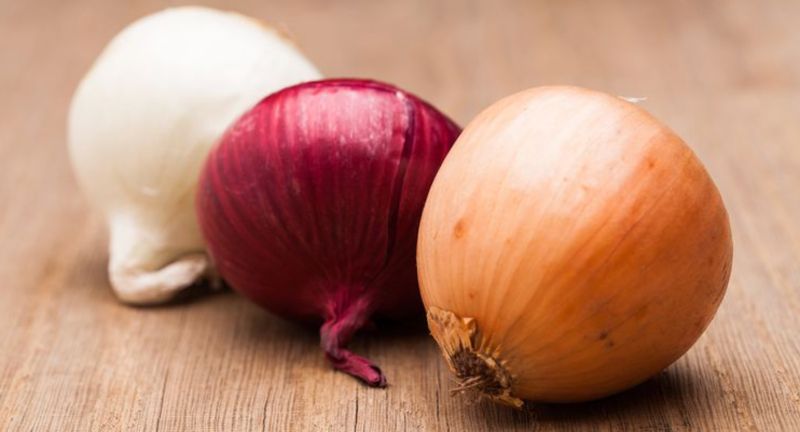
Getty
Refrigerating onions can lead to softening and mold development due to the cold and moisture. Opt for a dry, cool, and dark spot such as a pantry or a mesh bag that allows for air circulation to extend their shelf life. If you’ve cut an onion, wrap it tightly in plastic wrap and store it in the fridge for short-term use.
Tomatoes
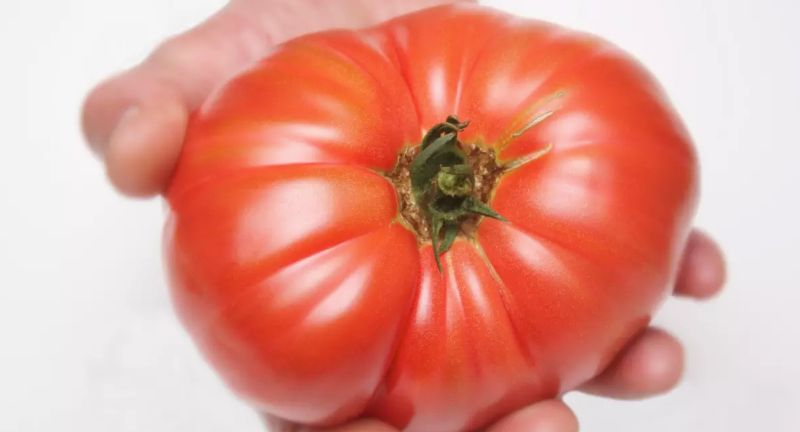
Getty
Refrigeration can compromise the flavor and texture of tomatoes, making them mealy and less flavorful. Keep unripe tomatoes on the counter to allow them to ripen fully. Only store ripe tomatoes in the fridge if you need to prolong their shelf life. For the best flavor, store fully ripe tomatoes at room temperature and use them within a few days.
Garlic
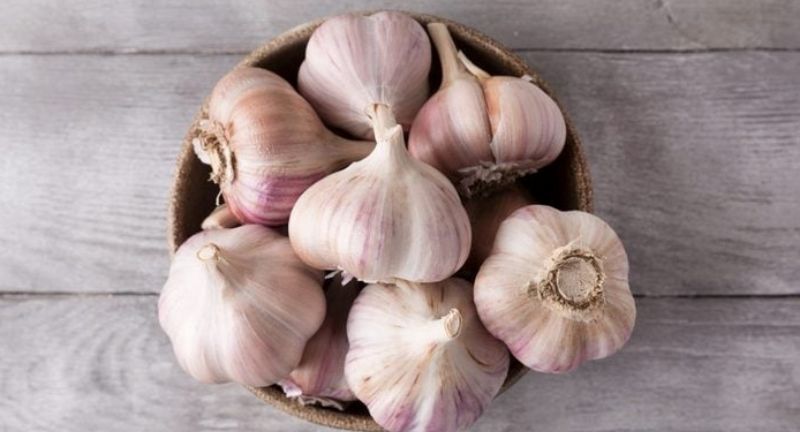
Getty
Storing garlic in the fridge can lead to sprouting and diminish its flavor. Instead, keep garlic bulbs in a cool, dry, and well-ventilated area, such as a pantry, in a mesh bag or an open container. Use whole cloves as needed to maintain their freshness and taste.
Bananas

Shutterstock
While bananas can be stored in the fridge to prolong their shelf life, the cold temperatures can turn the skin brown. If your bananas are already overripe, placing them in the fridge can help extend their usability. To keep bananas fresh for longer, you can also separate them from the bunch and wrap the stems in plastic wrap or foil.
Citrus Fruits

Getty
Citrus fruits like oranges, lemons, and limes can stay fresh on the counter for up to a week without losing quality. To maintain their juiciness and flavor, store them at room temperature, but keep them in a cool, well-ventilated spot away from direct sunlight. If you have an abundance of citrus fruits, you can store some in the fridge for slightly longer shelf life, but this may affect their texture over time.
Bread
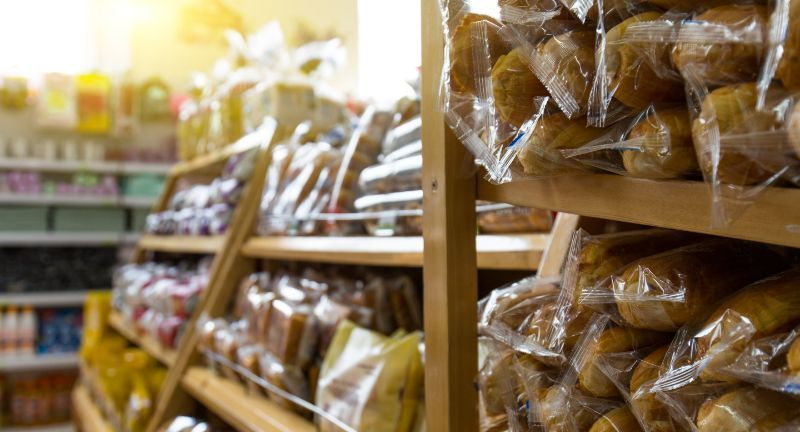
Shutterstock
Refrigeration can accelerate the staling of bread, making it go stale faster than at room temperature. To keep your bread fresh, store it at room temperature in a cool, dry place or freeze slices for longer-term storage. Use an airtight bread box or a resealable plastic bag to protect your bread from moisture and air exposure.
Honey
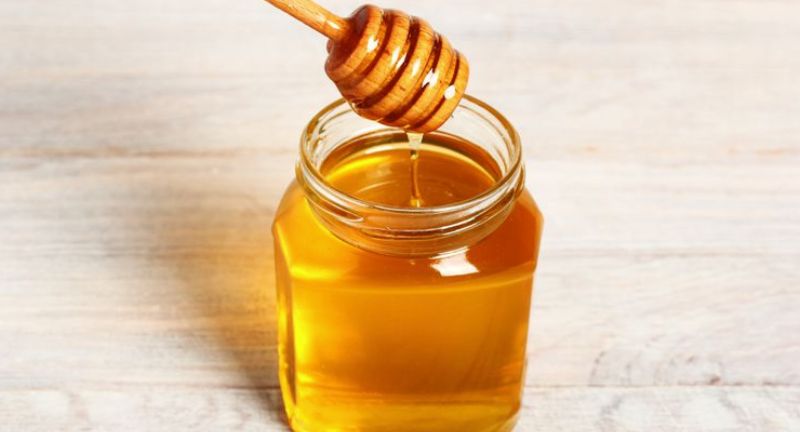
Getty
Honey has natural preservatives and a low moisture content, making it resistant to spoilage, so there’s no need to refrigerate it. Keep honey at room temperature in a sealed container, and it will remain pourable and fresh indefinitely. Cold temperatures can cause honey to crystallize, but you can easily liquefy it again by placing the container in warm water.
Peanut Butter
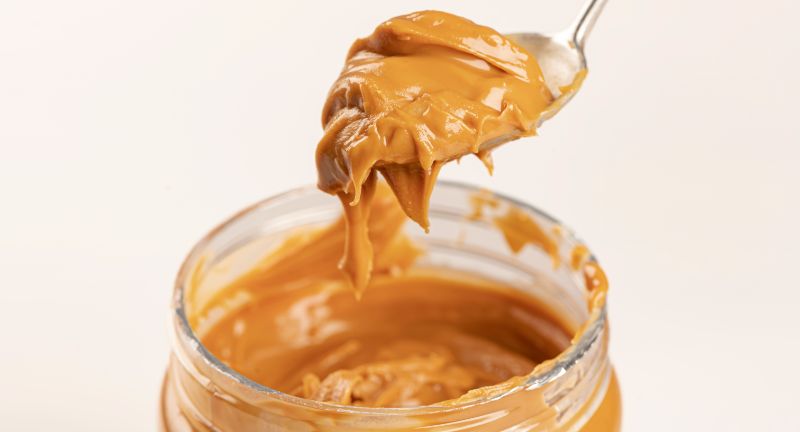
Shutterstock
Peanut butter can be safely stored at room temperature, even after opening the jar, thanks to its high oil content and low moisture. To prevent oil separation, store the jar upside down, and remember to tightly seal it. Natural peanut butter varieties without added preservatives may benefit from refrigeration to extend their shelf life, but it can make them less spreadable.
Coffee
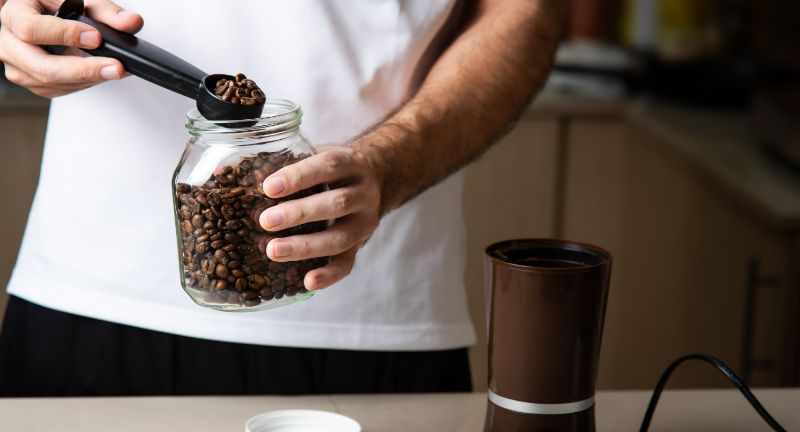
Shutterstock
Coffee should be stored at room temperature in an airtight container to maintain its flavor and aroma. Moisture and odors in the fridge can negatively impact coffee, making it absorb unwanted flavors and lose its freshness. For long-term storage, you can freeze coffee beans or ground coffee in an airtight bag or container to keep them fresh for several months.
Hot Sauce
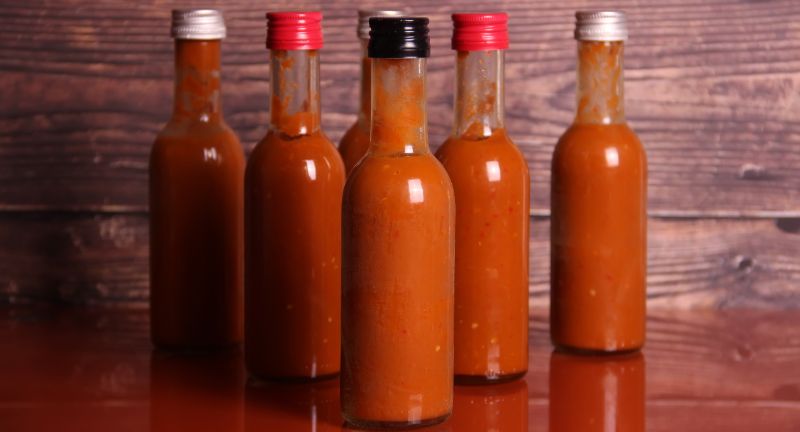
Shutterstock
Hot sauce is high in acidity and typically contains preservatives, making it shelf-stable at room temperature. Store hot sauce in a cool, dry place away from direct sunlight, and it will remain safe to use for an extended period. There’s generally no need to refrigerate hot sauce unless the label explicitly recommends it for a particular variety.
Olive Oil
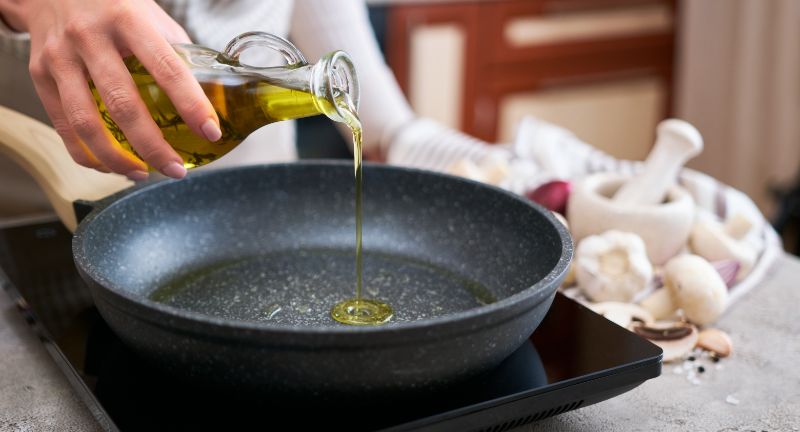
Shutterstock
Refrigerating olive oil can cause it to solidify, affecting its texture and making it less pourable. Olive oil should be stored in a cool, dark place, preferably at room temperature, to preserve its flavor and consistency. Keep the bottle tightly sealed to prevent exposure to air and light, which can lead to oxidation.
Melons
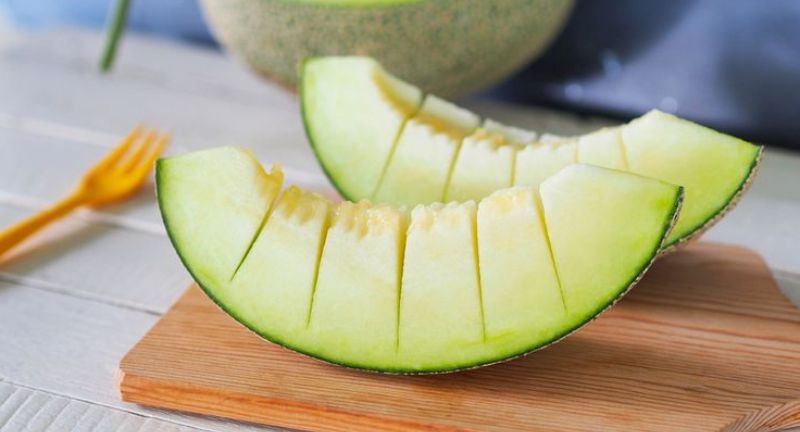
Getty
Keep whole melons like watermelons, cantaloupes, and honeydews out of the fridge until they are cut. Once sliced, you can refrigerate melon pieces in an airtight container for a short period to keep them fresh. Cold temperatures can diminish the flavor and texture of whole melons, so store them in a cool, dry place instead.
Basil
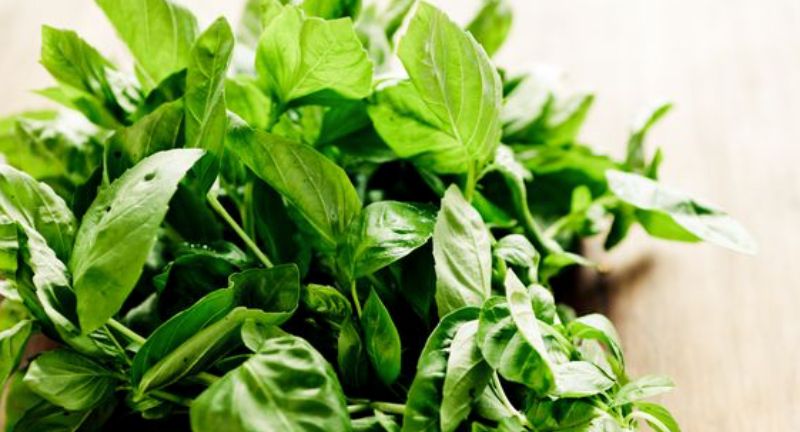
Getty
Basil is sensitive to cold temperatures and can wilt quickly in the fridge. To keep basil fresh, trim the stems and place it in a glass of water on the counter, similar to a bouquet of flowers. Change the water regularly and cover the basil loosely with a plastic bag to maintain its freshness for a longer time.
Pickles
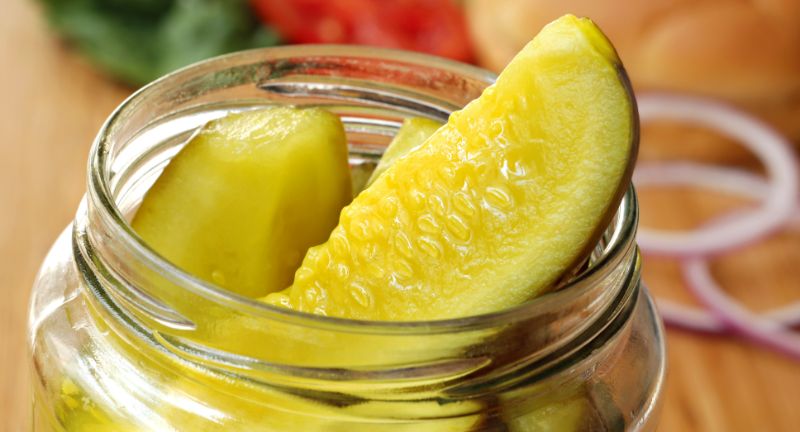
Shutterstock
Refrigeration can make pickles lose their crunchiness and affect their texture. Cold temperatures can cause pickles to become soft and less enjoyable to eat. Pickles have high vinegar content, which acts as a preservative, making refrigeration unnecessary.
Cucumbers
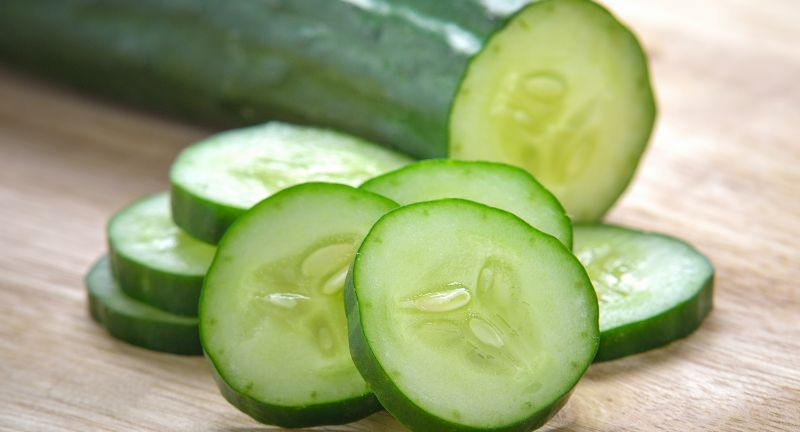
Shutterstock
Cold storage can lead to chilling injuries, making cucumbers become watery and less crisp. Refrigeration can also diminish the flavor of cucumbers. Cucumbers are sensitive to moisture, which can accumulate in the refrigerator and cause spoilage.
Soy Sauce
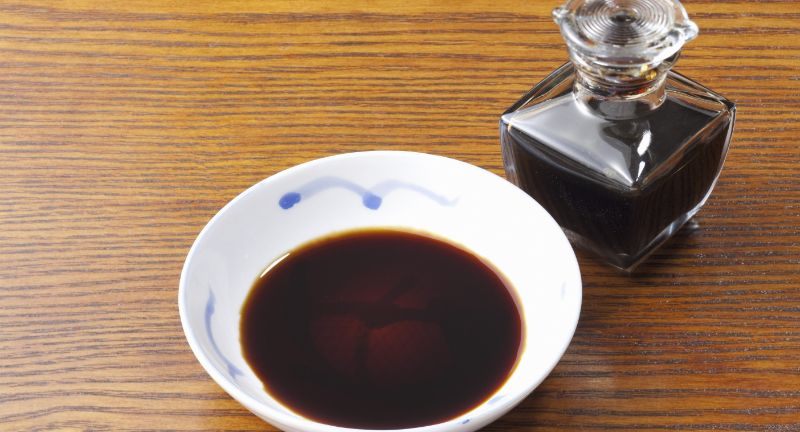
Shutterstock
Soy sauce contains high levels of salt, which acts as a natural preservative, making refrigeration unnecessary. Refrigeration can cause soy sauce to become thicker and less pourable. Soy sauce also retains its flavor and consistency better when stored at room temperature.
Vinegar
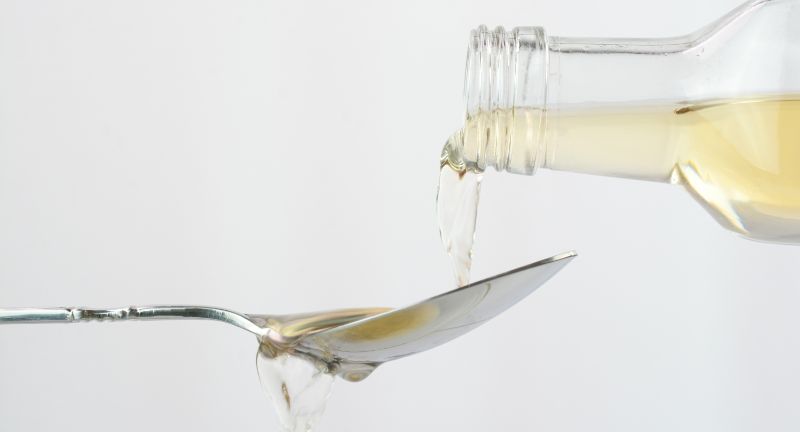
Shutterstock
Vinegar is acidic and acts as a natural preservative, making refrigeration unnecessary. Cold temperatures can cause sediment or cloudiness in vinegar, but it’s harmless and doesn’t affect quality. Vinegar maintains its consistency and acidity better when stored in a cool, dark place.
Chocolate
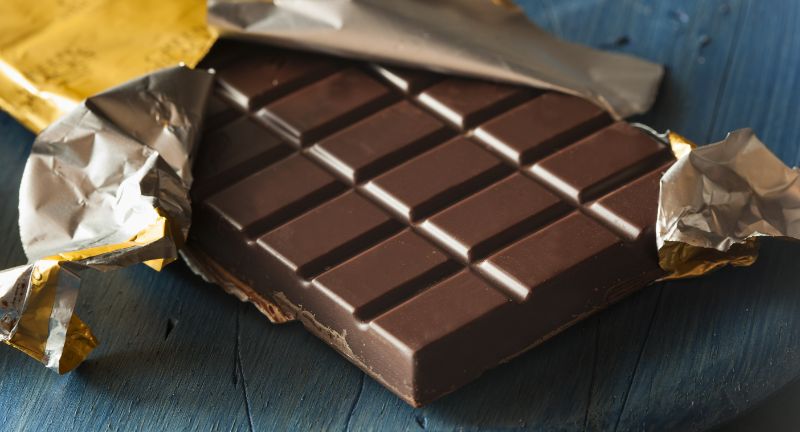
Shutterstock
Refrigeration can cause chocolate to develop a dull, powdery texture due to condensation. Cold storage can also dampen the flavor of chocolate and alter its texture. Chocolate can also absorb odors from the fridge, affecting its taste.
Potatoes
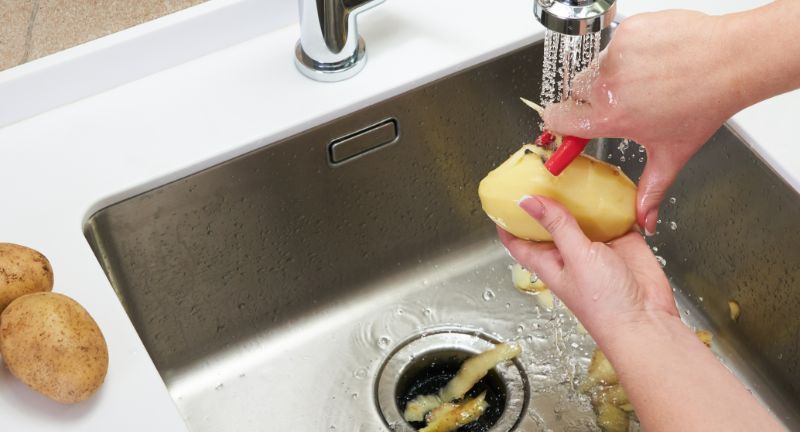
Shutterstock
Storing potatoes in the fridge can change their starch content, making them taste sweeter and lose their desirable texture. Instead, keep potatoes in a cool, dark, and well-ventilated place like a pantry or cellar, away from onions, to preserve their flavor and quality. Ensure they are stored in a breathable container, like a paper bag, to prevent moisture buildup and sprouting.
Avocados
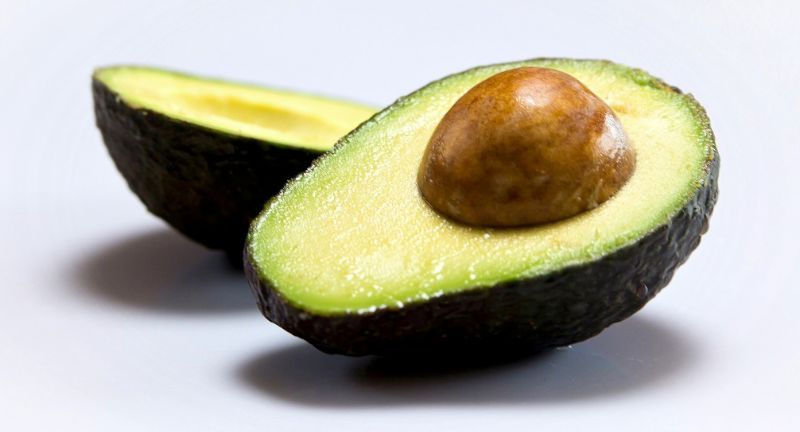
Getty
Avocados should ripen at room temperature, so only refrigerate them if they’re ripe and you want to extend their freshness. To quicken the ripening process, place avocados in a paper bag with a banana or apple. Once ripe, you can store them in the fridge to slow down the ripening process for a few days.
Conclusion

Shutterstock
Understanding which foods to keep out of the refrigerator is essential for preserving their taste, texture, and overall quality. While refrigeration is indispensable for many perishable items, these foods, such as pickles, cucumbers, soy sauce, vinegar, and chocolate, can actually suffer when subjected to cold temperatures. By following proper storage guidelines, you can ensure that these foods retain their deliciousness and appeal. So, remember to make the most of your kitchen space and keep these surprising items out of the fridge for a more flavorful culinary experience.
More From Health + Wellness
-


Best Fast-Food Tacos – Ranked
-


Popular Fast Food Coffees – Ranked Worst To Best
-


DoorDash Partners with Girls Scouts for Instant Cookie Fix!
-
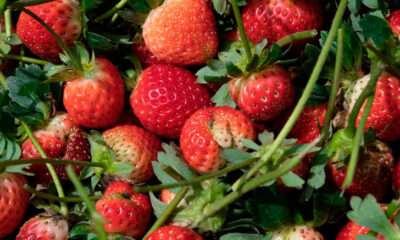

FDA Investigating Hepatitis A Linked to Organic Strawberries
-


Man Cooks Set of Baby Back Ribs in Hotel Bathroom…
-


Dairy Queen’s Beloved Free Cone Day Returns This Year
